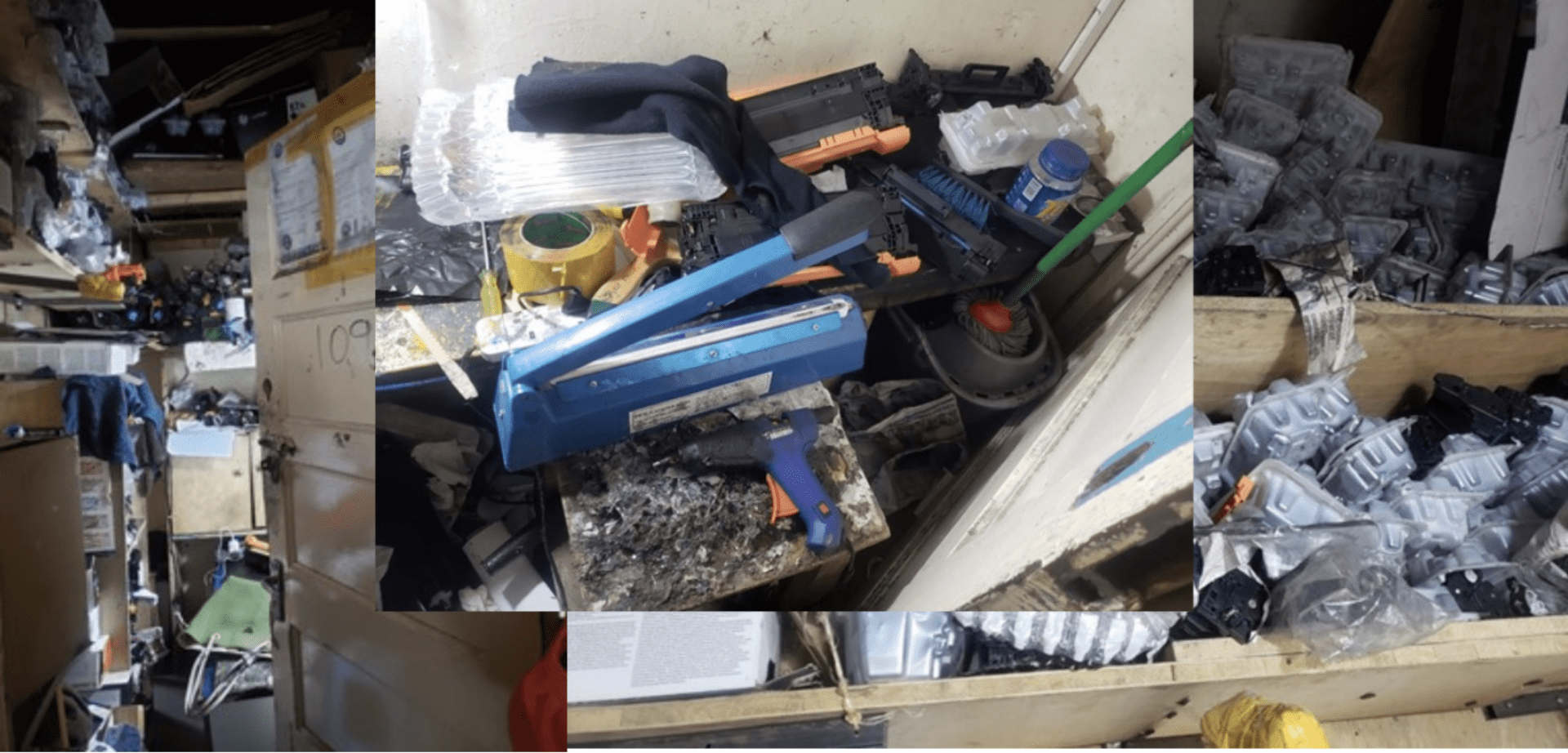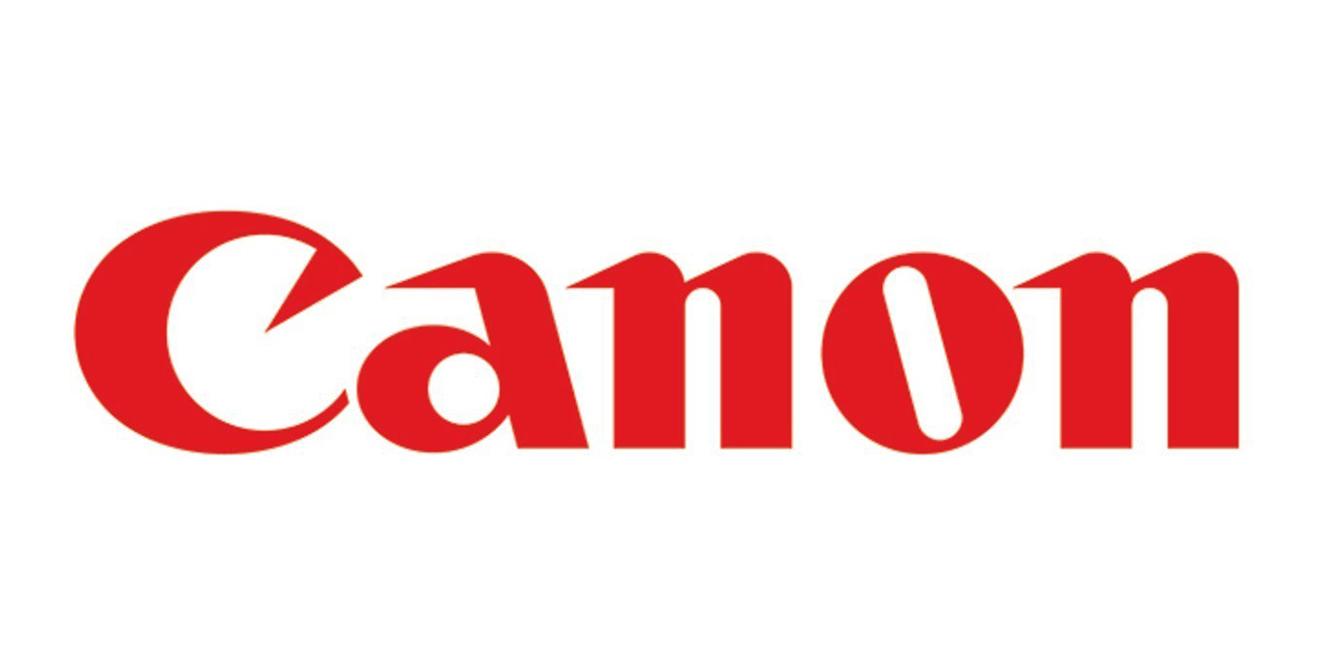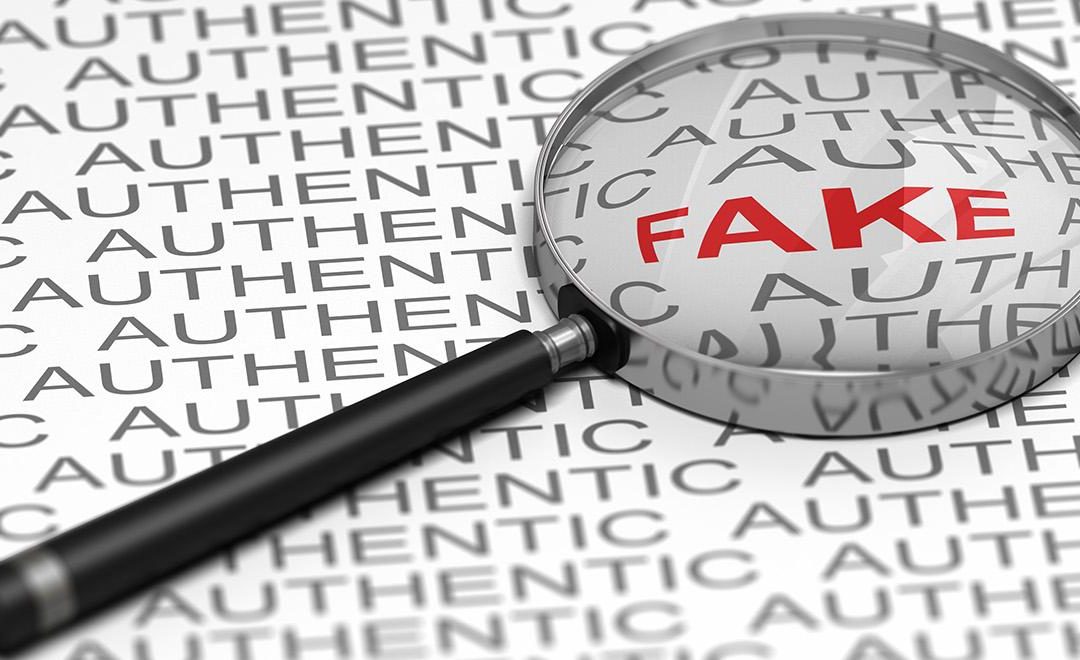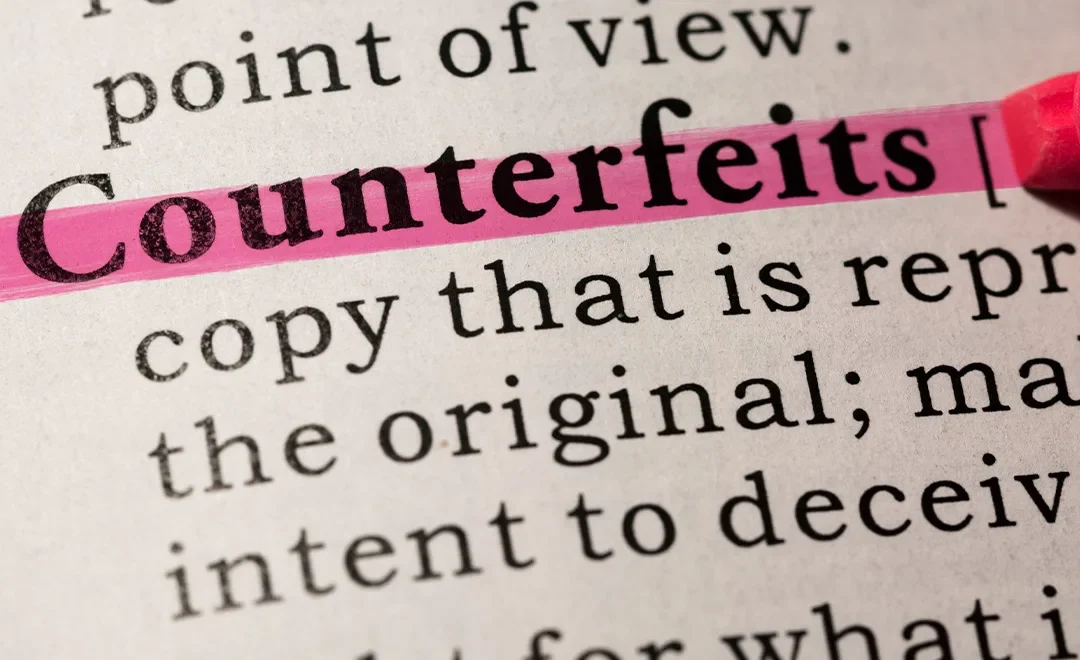 Anti-counterfeiting organisations are working together to deliver successes across North Africa in the battle against organised criminals and unscrupulous suppliers who push fake printer supplies into this important market.
Anti-counterfeiting organisations are working together to deliver successes across North Africa in the battle against organised criminals and unscrupulous suppliers who push fake printer supplies into this important market.
According to the International Chamber of Commerce, the global economic value of counterfeiting and piracy could reach $2.3 trillion (€1.94 trillion) by 2022. According to the ICCE, the market in counterfeit printer supplies is expanding in North Africa.
“Due to the pandemic and the associated economic uncertainties, customers are reluctant to invest in new equipment and are looking to reduce costs. We have noticed an increase in counterfeit supplies, and we must remain vigilant and continue to warn customers of the risks they incur,” said a spokesperson for ICCE.
ICCE explained further that counterfeiting is a crime which has serious implications, not only to the purchaser but to society as a whole. Cheap fakes harm the reputations and income of genuine manufacturers which, in turn affects national economies through lost taxes and jobs. Counterfeiting is often used to fund the activities of organized criminal gangs, including people and drugs smuggling.
Fake printer supplies also puts consumers at risks. They are not made to Original Equipment Manufacturer standards and may contain chemicals which are dangerous to health or to users’ printing equipment, reducing their operating life.
According to the report by ICCE, North Africa is experiencing local production of counterfeit printer supplies, for use in the internal market and for export. Its location makes it an ideal transit hub for counterfeit products heading to Europe or into the Middle East.
Organised and local crime syndicates in North Africa are producing and distributing counterfeit printer supplies, using affordable technologies to replicate packaging and establishing operations that are quick and easy to relocate to avoid detection, said ICCE. Criminal gangs achieve all of this under the guise of fictitious business fronts. These groups are also connected to similar operations in other countries, resulting in a large presence of imported counterfeit products.
The Imaging Consumables Coalition of Europe, Middle East and Africa (ICCE) was formed in 1997 as a direct response to the increase in counterfeit printer supplies across Europe, Middle East and Africa, including toners, ink cartridges and ribbons.
Recognising the growth and important location of the North African market as a hub for counterfeit products, ICCE members have been working together with enforcement agencies to tackle the counterfeit issue, with some great results:
A local reseller had sold expired OKI cartridges cheaply. Printronix, the authorised manufacturer of the cartridges, was alerted by the end-user and an official letter was sent to the merchant warning of potential legal actions should there be evidence of counterfeit products being sold. The end-user has returned all cartridges and now buys from an OKI-authorised distributor, having updated their tendering process and asking all participants in their supply chain for a certificate attesting that they are an official OKI-authorised channel.
In 2021 there have already been 30 HP Investigations in Egypt which resulted in 44,782 pieces of HP CFT product seized. Small entities in major cities such as Cairo and Alexandria have been the main sources of counterfeit activity, in which products are either imported from China or sourced from local suppliers. Products imported via Alexandria’s seaport are being distributed by land to many internal destinations across the country.




















